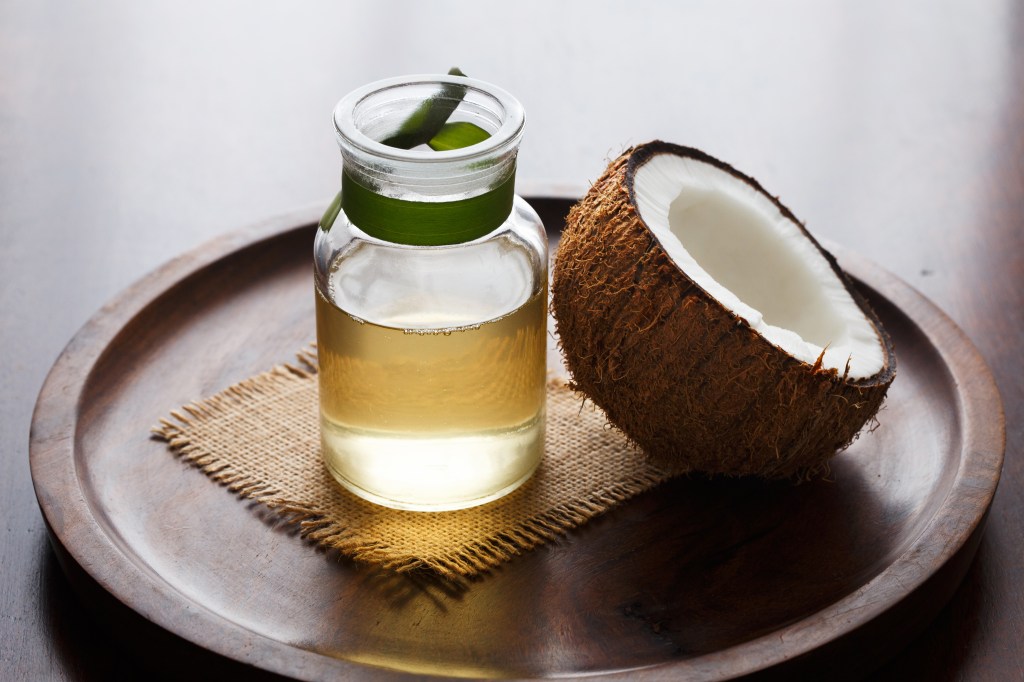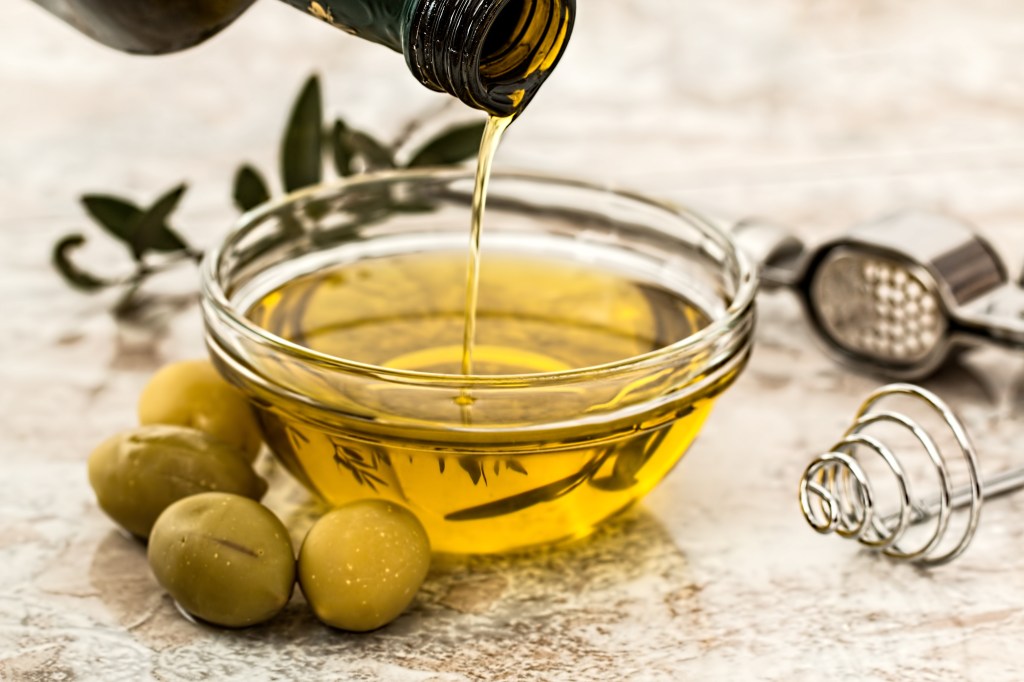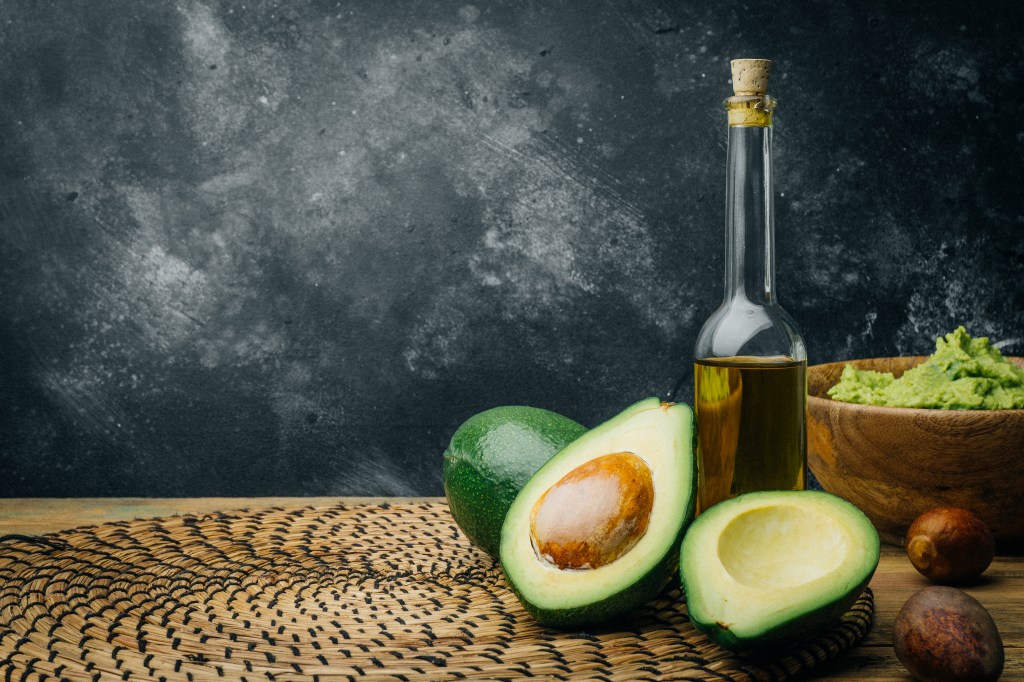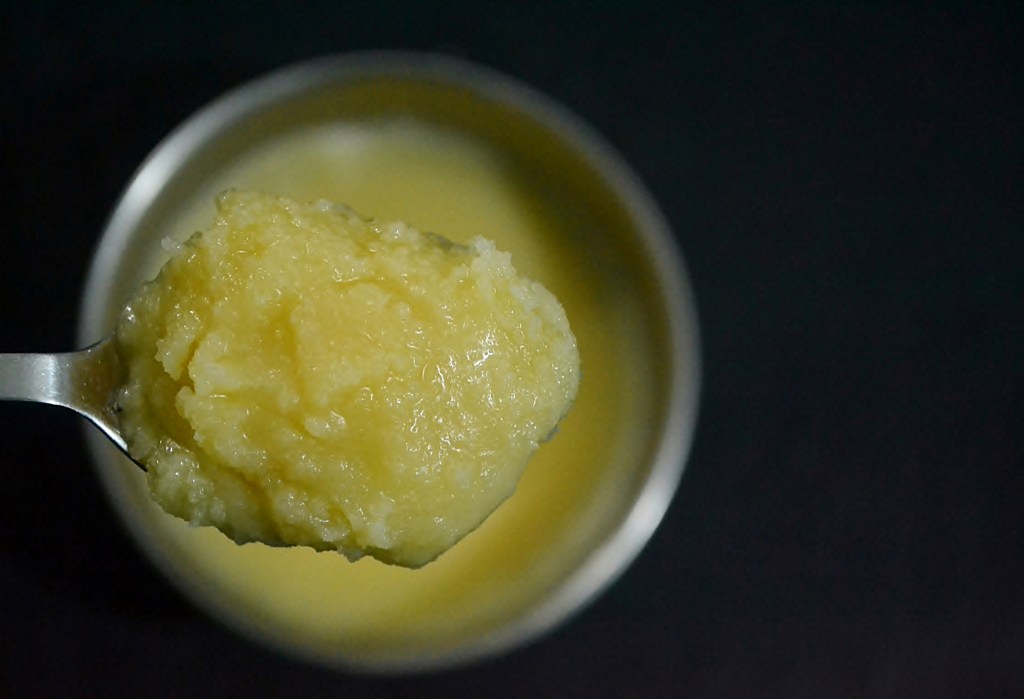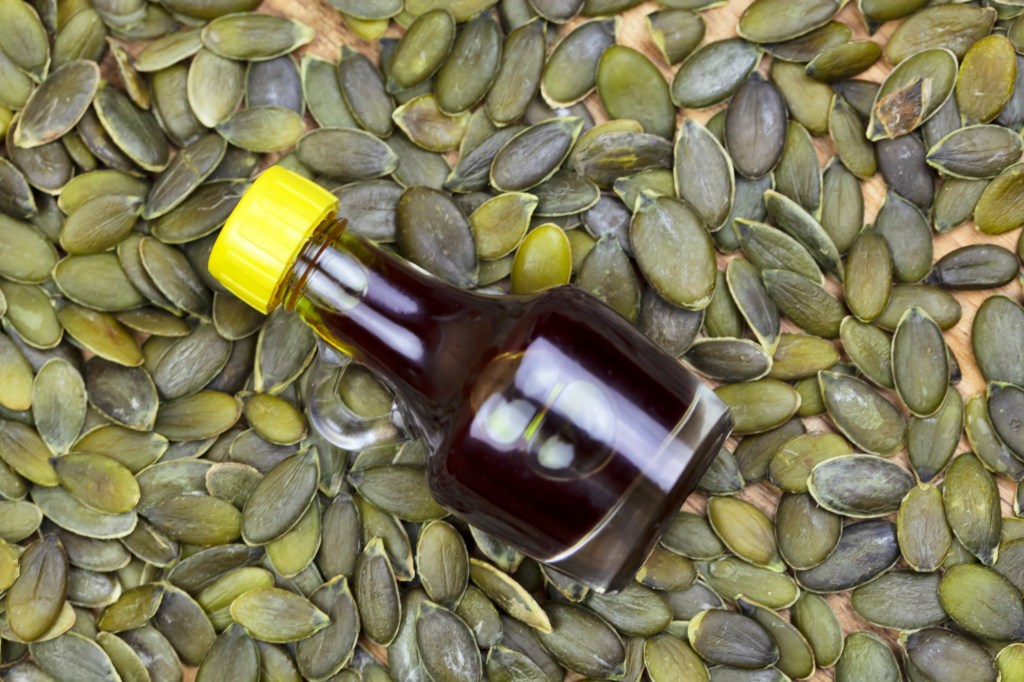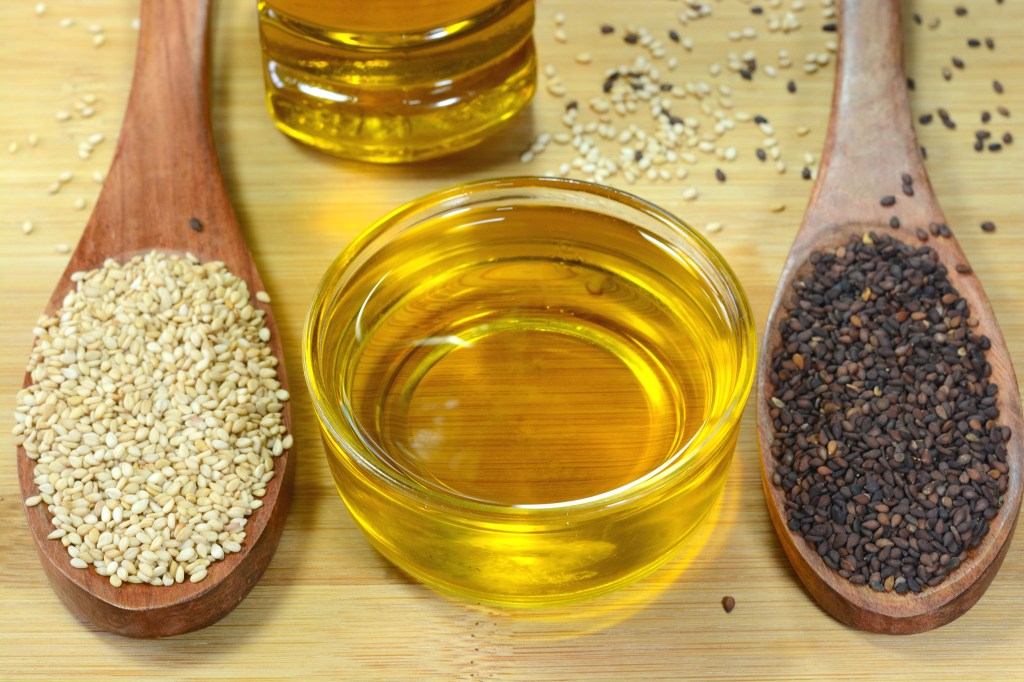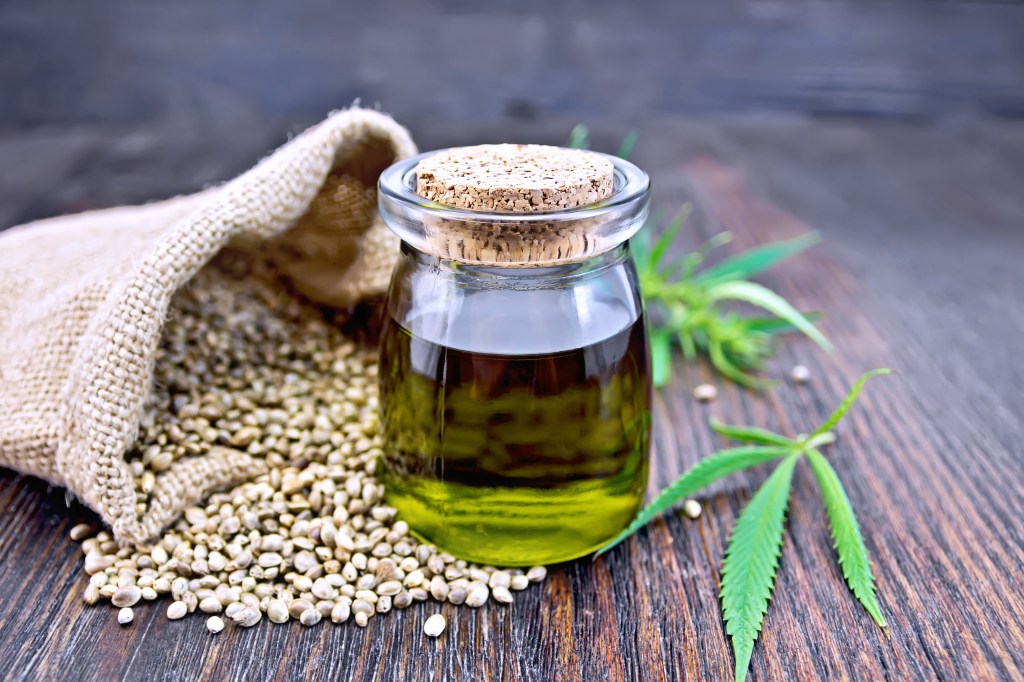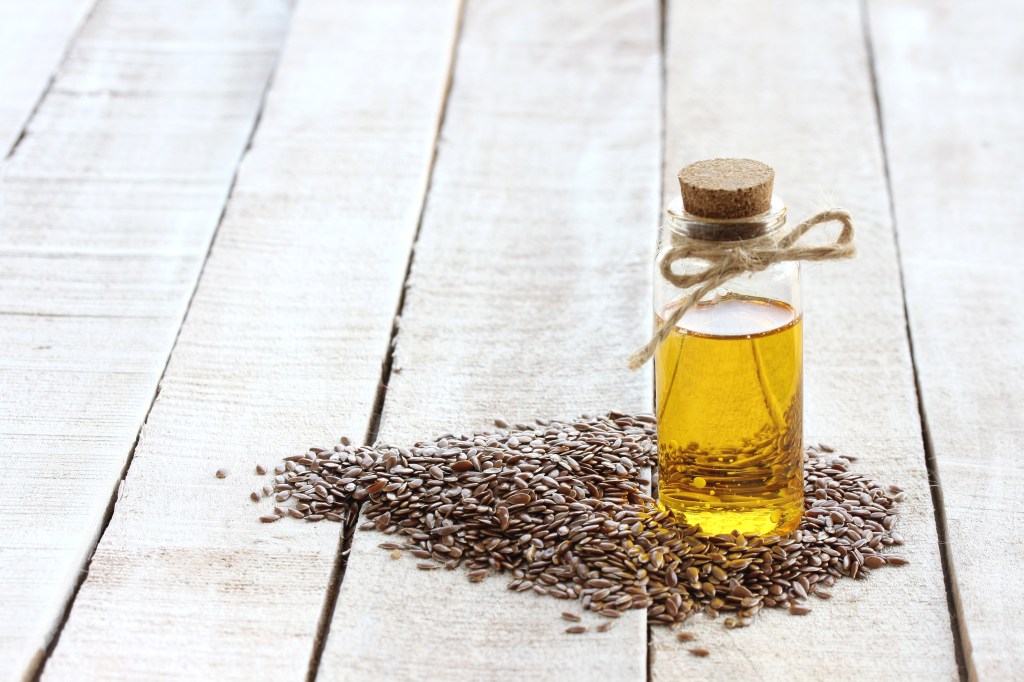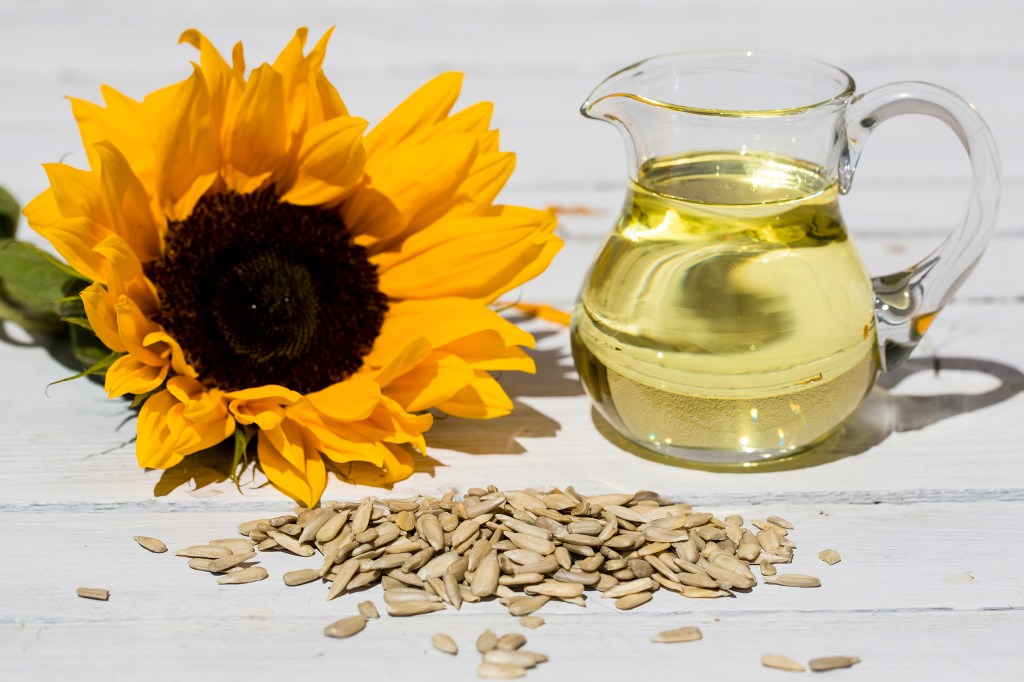From Sunflower to Olive Oil: Everything You Need to Know About Common Cooking Oils
By now, we’re all aware of the buzz around healthy fats. But when it comes to picking the best one, things can get a bit confusing. Nowadays, health experts are touting the benefits of different cooking oils while warning us about the dangers of others. With that in mind, we’re taking a look at the most popular cooking oils available and which are best for our health.
-
Coconut Oil
Getty Images Coconut Oil
Pros: Coconut oil contains thyroid stimulating effects which can help wight loss. It is anti-aging, antibacterial, antimicrobial, antiviral, and has antifungal properties.
Cons: Though very nutritious, coconut oil is very high in saturated fat. It contains 11.8 grams of saturated fat per tablespoon, one tablespoon of coconut oil would give us almost 100 percent of our guideline daily amount of 15 grams of fat per day.
Try this one from Viva Naturals ($18.48, Amazon)
-
Olive Oil
Getty Images Extra Virgin Olive Oil
Pros: Extra virgin olive oil or EVOO is high in "good" cholesterol which is healthy for our heart. It's also rich in polyphenols, which have anti-inflammatory, antioxidant and anticoagulant benefits. Research suggests that it may reduce the risk of several types of cancer, including colon, breast, lung, ovarian and skin cancers.
Cons: Since it's still a fat, olive oil should be consumed in moderation.
Try this one from Pompeian ($4.12, Amazon)
-
Avocado Oil
Getty Images Avocado Oil
Pros: Full of so called healthy fats, Avocado oil may benefit our health in many ways, from easing joint pain to giving us glowing skin.
Cons: It's also high in fat. Keep in mind that there has been little research done about avocado oil as it is relatively new to the market.
Try this one from Chosen Foods ($21.99, Amazon).
-
-
Ghee
Getty Images Ghee
Pros: Ghee is an anti-inflammatory and digestion aid with benefits to the immune system. It's also a metabolism booster.
Cons: Too much ghee should be avoided as it is quite high in fat. No more than three tablespoons per day should be consumed.
Try this one from Bulletproof ($22.95, Amazon)
-
Pumpkin Seed Oil
Getty Images Pumpkin Seed Oil
Pros: Pumpkin seed oil is packed full of vitamins, nutrients, and anti-oxidants which makes it a healthy oil to cook with. It is also beneficial to our skin and hair as it helps to retain moisture, promoting youthful skin.
Cons: Still, it's high in fat, so aim to consume in moderation.
Try this one from RejuveNaturals ($14.97, Amazon)
-
Sesame Oil
Getty Images Sesame Oil
Pros: If you suffer from high blood pressure, sesame oil is perfect for you, as it has shown to lower blood pressure. Sesame oil is perfect when cooking asian food. It provides benefits to our bones, skin, hair, and heart health. Sesame oil can also lower anxiety levels and reduce the chances of developing some types of cancer.
Cons: It may not be the best if you take blood thinning medication as it lowers blood pressure.
Try this one from Kevala ($6.94, Amazon)
-
-
Hemp Oil
Getty Images Hemp Seed Oil
Pros: Hemp seed oil is perfect as a salad dressing or drizzled over food to serve rather than in cooking.
Cons: It's not ideal to heat up hemp oil, as it changes flavor when it gets hot.
Try this one from Nutiva ($6.67, Amazon)
-
Flaxseed Oil
Getty Images Flaxseed Oil
Pros: Flaxseed oil is also best served drizzled on salads rather than used as a cooking oil. It's a potent source of omega-3 fatty acids which are great for heart health.
Cons: It doesn't cook well, and this oil can be rather pricey.
Try this one from Barlean's Organic Oils ($15.84, Amazon).
-
Sunflower Oil
Getty Images Sunflower Oil
Pros: Sunflower oil can prevent asthma and has shown to benefit respiratory health. It's very high in omega-6 fatty acids, which are nutritious but are generally overly consumed.
Cons: In large doses, this oil can lead to heart disease and cancers. It's best to consume sunflower oil in small doses for maximum health benefits.
Try this one from Baja Precious ($10.99, Amazon)
-
-
Vegetable Oil
Getty Images Vegetable Oil
Pros: Vegetable oil is the cheapest oil on the market. It has the longest shelf life and contains some important fatty acids.
Cons: This cooking oil is often made up of a number of different oils such as soy, palm, and corn, which have shown to have negative effects on health. Vegetable oil is usually heavily processed and commonly made from genetically modified organisms.

